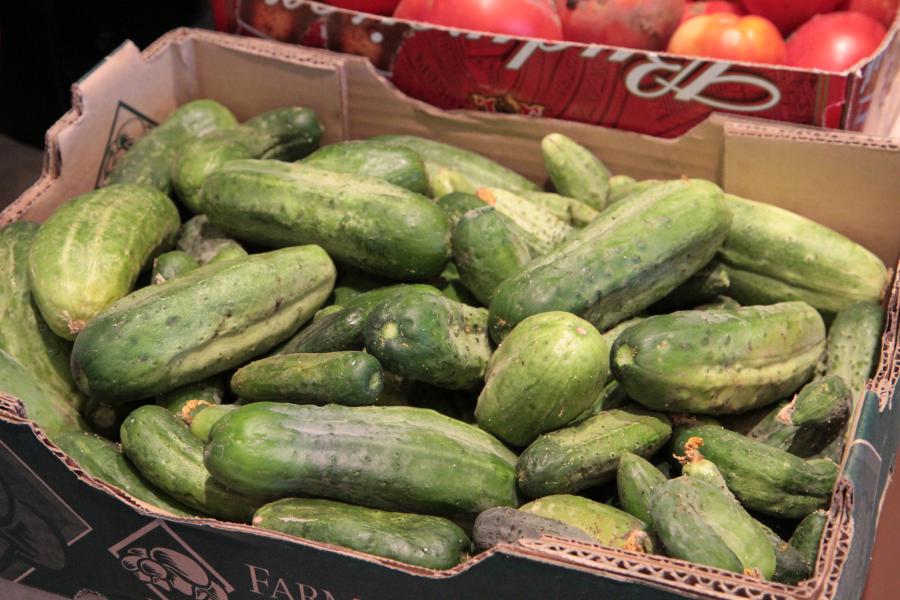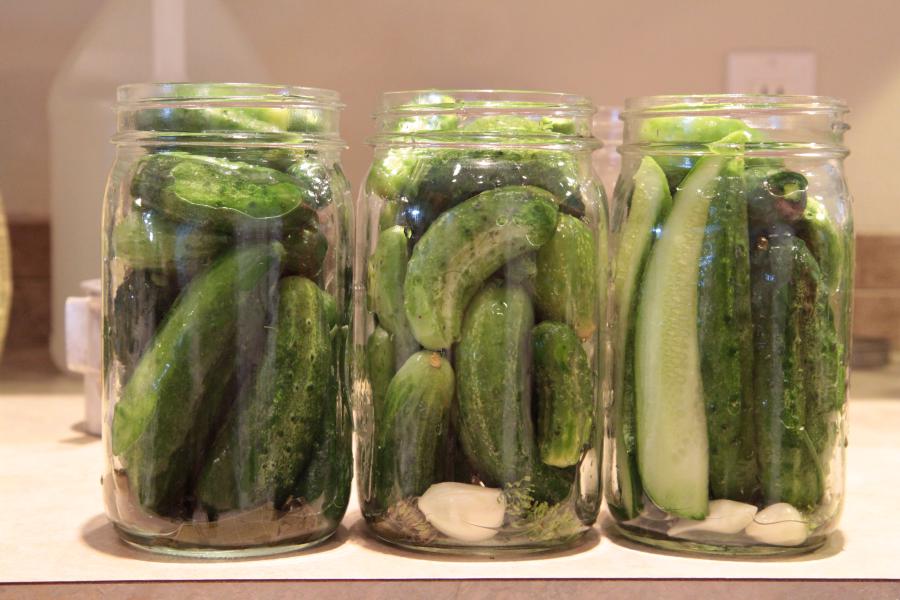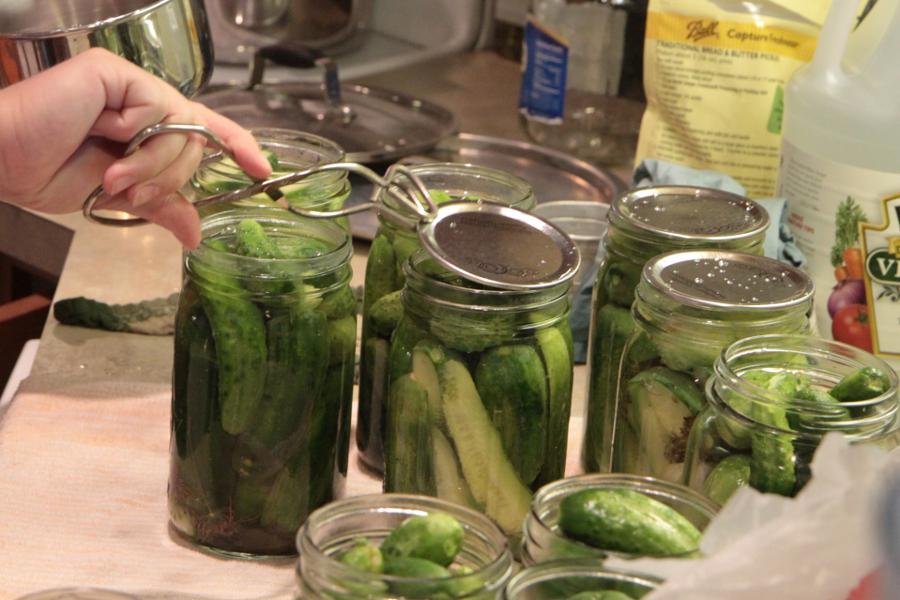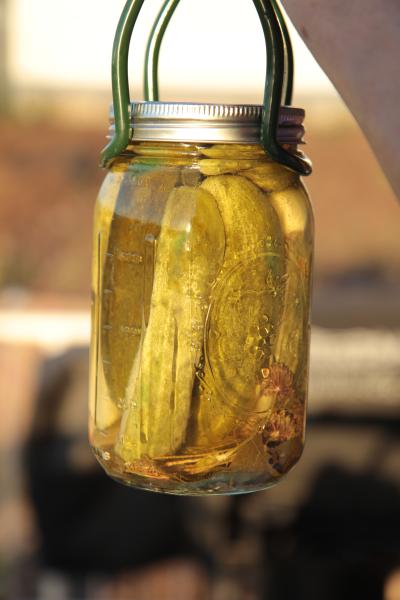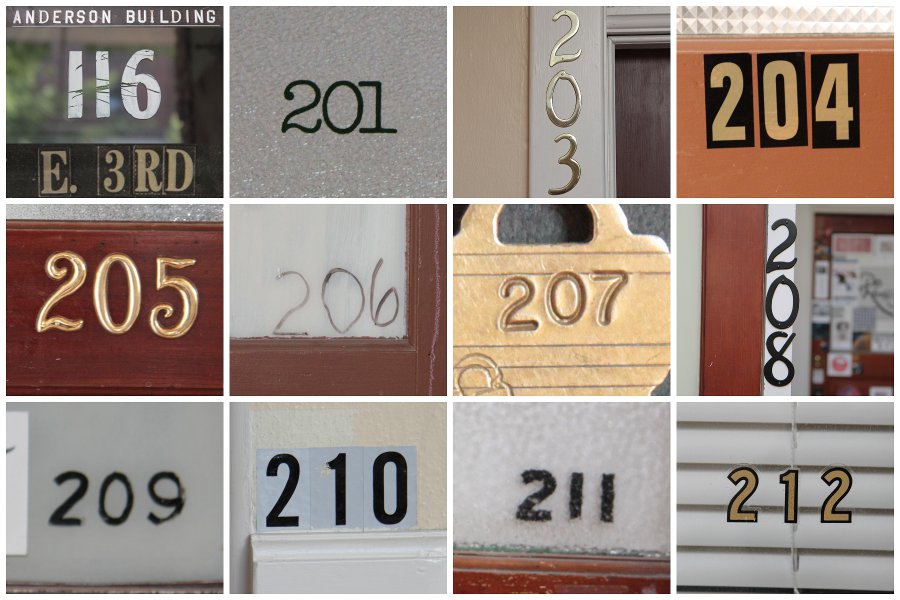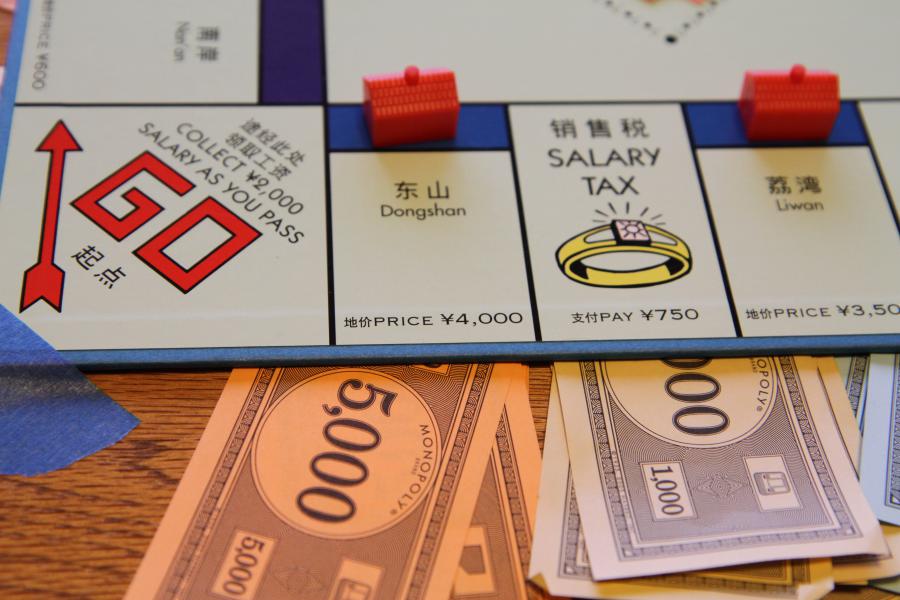
About a year ago Colin and I were playing a lot of Monopoly. He was really into it. We had many occasions to talk about things like not cheating and being a good loser. It's such a good game for teaching about money and math skills.
Last November I took a trip to China. In a department store I found a Chinese Monopoly game. It barely fit into my luggage for the return trip. Colin thought it was pretty neat, but
we didn't play it very much at the time.
After giving Monopoly a rest for many months, we started playing again two weeks ago. We played the normal version a couple times and then Colin suggested we play the Chinese version instead. We've played it for the last eight days. We play in the morning, and before going to bed. Since I was busy last night with mowing the lawn and making ice cream, Colin opted to skip reading bedtime stories so we could play before ending our night. I have to play a few minutes each morning before leaving for work. This morning he woke up immediately and in a good mood -- a very rare combination in our house! -- just so we could play.
Colin will also play the game by himself, which doesn't always work to his advantage. If he moves only his own character, then he'll get low on money from paying me rent. I come home to a stack of bills waiting to be filed away under my side of the board.
Instead of "tokens," we call them "characters." I'm usually the iron (because its
easy to grab). Colin likes to be the bag of money.
Somehow, he always manages to buy Boardwalk and Park Place. I don't think I've had a chance to buy Boardwalk once during our recent series of games. I did get Park Place once, which was traded for some other cards.
The Chinese version is different from the standard game in a number of ways. All the properties have different names. Boardwalk is Dongshan (the neighborhood of my very fancy hotel last year). All the prices are multiplied by ten. Railroads are called stations. Most of the chance and community chest cards are the same, with just a few subtle differences. All the cards are printed in both Chinese and English.
One of my favorite things about the way Colin plays is that its important for him to have at least one of each type of bill, if at all possible. A year ago it was a bit of a problem. He could have a huge stack of 100's and need to pay 50 for something. He just wouldn't pay because he didn't have a 50 bill. Now he's really great about "making change." If he runs out of a bill he'll make change to fill that spot back in. We have an informal and not-always-enforced rule that you get to be the banker if you have at least one of each bill.
Another aspect I enjoy is watching him jump his character ahead by knowing, rather than counting, how many spaces it is from one spot to the next. For example, its 10 spaces between corners and stations. If he's on a station and rolls an 8, he knows that its the next station, minus two.
If you were to play Monopoly with Colin and I, you need to know about a few house rules:
We start off with no money. You have to go around a few times and earn some salary before you can buy any properties.
We haven't quite mastered "percents" yet, so if you land on Income Tax, you have the option to pay 10 dollars/yuan if you have such a bill.
Jail is for suckers. If you have a get-out-of-jail-free card, you don't have to go. You get to stay where you are. If you don't have the card, you have to go, but you get out right away.
Colin gets to read the Chance and Community Chest cards for all players. This is my fault because I used the game as a way to get him to read things on his own. Now he takes it as his responsibility.
We like to share the free parking money. This is especially helpful to players that might be missing some bills.
Doesn't it sound like fun?



